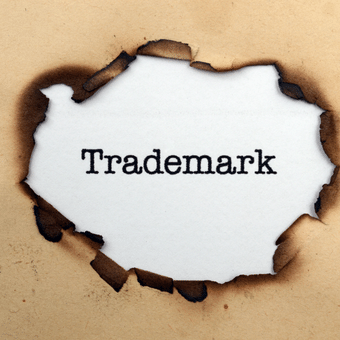

Legal Insight
Jyly 2022
Ioannis Psarakis, Lecturer, LL.M (III), PhD Cand.
(republished from capital.gr)
Around mid-November 2021 the General Court of the European Union (GCEU) issued a quite instructive decision in the field of trademarks. The case is interesting for both signatories and would-be signatories - especially if they are football fans (and especially if they also have a soft spot for the team of Italy's recent football champions, AC Milan).
The news is that the owner of Milan (Associazione Calcio Milan SpA - AC Milan) has not managed to secure the possibility of using a specific trademark with its well-known emblem and name for the distribution to the public of stationery products, office products and related goods, even if this possibility would seem, for some, self-evident.
The facts
The Italian club attempted to trademark its well-known logo, with a slightly abstracted minimal font, with the words AC MILAN taking up about twice as much space as the club's emblem. Not, however, successfully.
First of all, we should mention the following: in each trade mark application, in addition to the indication we wish to register, we also indicate the goods for which we wish that registration to have effect. Thus, Milan attempted to register this indication in respect of stationery and office products (pencils, pens, etc.). However, a German company (InterES Handels- und Dienstleistungs Gesellschaft mbH & Co. KG) objected to this expectation by filing an opposition before the EUIPO (European Union Intellectual Property Office). What was the reason? The German company had already registered (in Germany), the trademark Milan with the head of a raptor (milan, in addition to the well-known city and the group of the same name, is also called a kind of bird of prey) for the marketing of the same products.
The General Court of the European Union (GCEU) held that there was a likelihood that a non-negligible proportion of the public might believe that the specific goods which the Italian group intended to market under that mark originated from the German company ('likelihood of confusion'). This conclusion was based on the strong similarity of the goods sold (stationery and office supplies), but also on the similarity of the marks at the visual (what one sees), aural (what one hears when reading the marks) and conceptual level (what concept each mark refers to).
The lesson for trademark registration
The judgment of the GCEU has reminded us once again that careful handling is required in trademark law. Before registering any trademark (indicatively: name, logo, website name, image) - and certainly before using any indication - prior legal examination by a qualified trademark counsel is essential.
Furthermore, the principles applied by the Courts of each EU Member State, even for national trademarks, are also based on the case law of the Court of Justice of the European Union (GCEU), the General Court of the European Union (GCEU) and the Guidelines and practice of the EUIPO. This is for the following simple reason: whether we are talking about national trademarks (Directive 2015/2436) or EU trademarks (20017/1001), the requirements are derived from EU texts. So, we know where we need to turn to in order to provide sound legal advice, whether it is a national trademark (e.g. Cyprus or Greece) or a trademark with EU-wide protection.
In this particular case it seems that due regard was not given to the prior proper legal scrutiny on the part of the applicant (AC Milan). The fact that it is a well-known club did not, in any case, give it the right to use the indication it wanted on the goods in question. However, with the appropriate variations to the sign in question, localised to those elements which the case law focuses on and considers crucial, it is likely that Milan would (also) have emerged victorious in this match.
This example highlights once again the importance and care required in the preparatory work before filing a trademark application, since, in this field of law, nothing can be taken for granted.